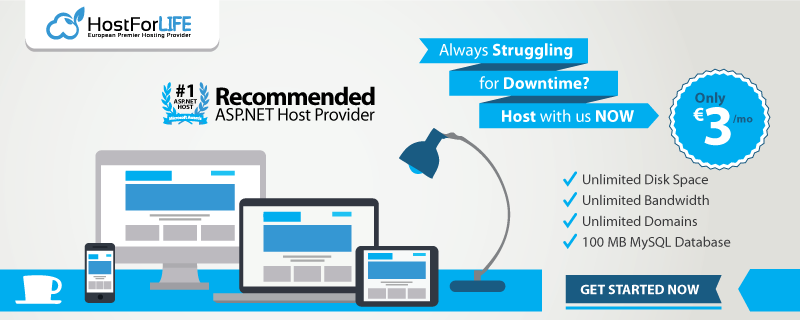The Common Errors Developers Make with EF Core will be covered in this article. Now, let get started. Entity Framework Core (EF Core) is a powerful ORM for .NET developers, but it’s easy to fall into pitfalls that hurt app performance, maintainability, or correctness. Whether you’re building an ASP.NET Core web app, a desktop client, or a microservice, these common EF Core mistakes often pop up.
Here’s a concise guide to the most frequent EF Core mistakes, complete with code samples and tips for writing better data access code.
Forgetting to Use AsNoTracking() for Read-Only Queries
By default, EF Core tracks the entities it loads to monitor changes — but tracking costs memory and CPU cycles.
If you only need to read data without modifying it, use AsNoTracking() to skip change tracking and improve query performance.
This small change can reduce overhead drastically when querying large result sets.
Loading Too Little or Too Much Data: Proper Use of Include()
EF Core doesn’t automatically load related entities unless lazy loading is enabled (which isn’t on by default).
Failing to eager load related data causes missing information, but eager loading everything can overload your queries.
Don’t do this
Do this
Only include navigation properties you actually need.
Querying Inside Loops — The N+1 Query Problem
Writing queries inside loops leads to executing multiple queries – one for each iteration – causing serious performance issues.
This reduces roundtrips to the database and improves speed.
Using Synchronous Queries in Asynchronous Environments
Using blocking methods like .ToList() in ASP.NET Core apps can cause thread pool starvation and scalability issues.
Always prefer async APIs.
Async EF Core methods keep your app responsive under load.
Incorrect DbContext Lifetime Configuration
DbContext is not thread-safe and should not be registered as a singleton in dependency injection.
Incorrect
Correct
Scoped lifetime matches the lifetime of an HTTP request, ensuring safe concurrent use.
Not Using Transactions for Multiple Related Operations
Saving multiple related entities in separate SaveChanges() calls risks leaving your database in an inconsistent state if one operation fails.
Instead, use a transaction.
Applying Filters After Materializing Queries (ToList())
Calling .ToList() brings all data into memory. If you apply filters after, you’re filtering in memory instead of in the database – potentially loading tons of unnecessary data.
Bonus Tips
- Use
.AsNoTracking()on queries where you won’t modify data. - Configure
.Include()carefully to avoid loading unwanted data. - Generate and share
.editorconfigfiles to enforce consistent code style and conventions. - Use EF Core migrations to manage schema changes safely.
- Handle concurrency conflicts using concurrency tokens like
[Timestamp]fields.
Conclusion
EF Core is incredibly flexible and efficient when used correctly. Avoid these common pitfalls to keep your application performant, scalable, and maintainable. Incorporate these best practices early to save headaches down the road.
Best ASP.NET Core 10.0 Hosting
The feature and reliability are the most important things when choosing a good ASP.NET Core 10.0 hosting. HostForLIFE is the leading provider of Windows hosting and affordable ASP.NET Core , their servers are optimized for PHP web applications such as the latest ASP.NET Core 10.0 version. The performance and the uptime of the ASP.NET Core hosting service are excellent, and the features of the web hosting plan are even greater than what many hosting providers ask you to pay for. At HostForLIFEASP.NET, customers can also experience fast ASP.NET Core hosting. The company invested a lot of money to ensure the best and fastest performance of the datacenters, servers, network and other facilities. Its data centers are equipped with top equipment like cooling system, fire detection, high-speed Internet connection, and so on. That is why HostForLIFEASP.NET guarantees 99.9% uptime for ASP.NET Core . And the engineers do regular maintenance and monitoring works to assure its ASP.NET Core hosting are security and always up.



